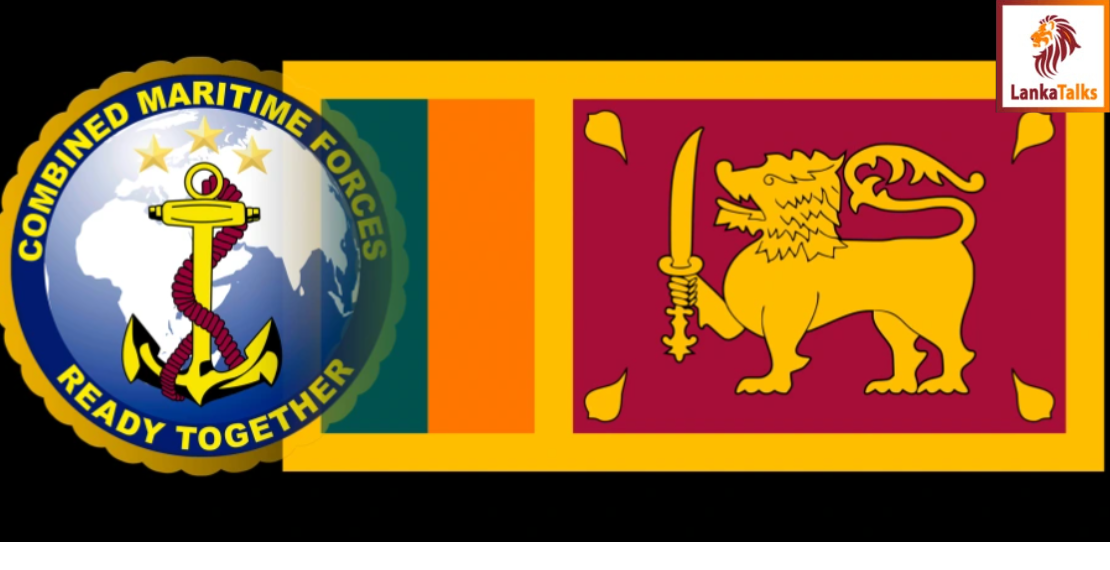in accordance with Sri Lanka’s aspirations to become a prominent maritime hub, the decision to join the CombinedMaritime Forces in the Red Sea has garnered praise from leading maritime legal expert.Dr. Dan Malika Gunasekera, a prominent maritime law authority, emphasised the significance of robust cooperation to safeguard Sri Lanka’s maritime interests, particularly in commercial shipping and seafarer welfare. Speaking at a conference jointly organised by the Indian Ocean Strategic Research Centre and Women in Logistics and Transport, in Colombo, Dr. Gunasekera stressed the necessity of proactive engagement to secure support from other nations globally.Last year, on November 20, Sri Lanka became the 39th member of the world’s largest maritime security partnership, the Combined Maritime Forces, operating under Djibouti’s code of conduct. Dr. Gunasekera observed that the recent surge in transshipment volumes at the Port of Colombo could be attributed in part to the positive attention garnered by Sri Lanka’s decision to join the Combined Maritime Forces.
Highlighting the strategic importance of this move, he went on to stress the need for Sri Lanka to assert its presence on the international stage and engage in cooperative efforts with other nations to secure maritime interests. He emphasised the delicate balance required to demonstrate solidarity with the international community while promoting Sri Lanka’s interests effectively.The Port of Colombo has emerged as a crucial transit point for major shipping lines, particularly those rerouting vessels to avoid disruptions and high insurance premiums amid escalating attacks by Yemen’s Houthi rebels in the Red Sea. Dr. Gunasekera urged the authorities and industry stakeholders to capitalise on this opportunity to position Sri Lanka as a hub for various maritime services, aligning with the country’s ambitions in the maritime sector.
Regarding Sri Lanka Navy’s participation in the Combined Maritime Forces, Dr. Gunasekera clarified that it would not involve real-time warfare activities. Despite lacking a fully-fledged naval fleet, Sri Lanka’s contribution would focus on providing general security support. However, he cautioned against overlooking the economic implications, stressing the need for the government to ensure the prudent management of resources, especially given the prevailing economic challenges.“We must ensure that our limited participation aligns with our national interests,” he emphasised, underscoring the importance of safeguarding Sri Lanka’s assets amidst economic uncertainties.
(Source : Daily Mirror)




 Abishek
Abishek






